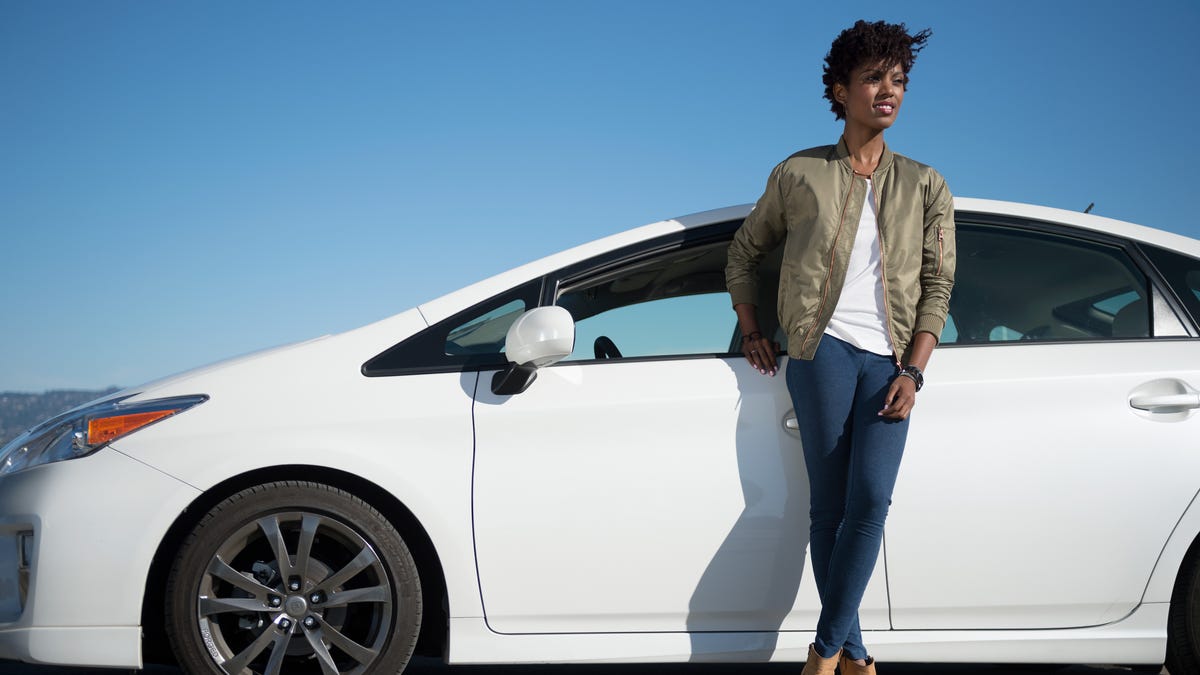Chicago finally permits ride-sharing pickups at O'Hare and Midway airports
Starting next year, Lyft, Uber and other ride-share companies will legally be allowed to pick up passengers at the city's major airports and tourist destinations.

Now, your Uber driver won't have to pick you up at a nearby hotel.
Chicago has granted ride-sharing companies Uber, Lyft and Sidecar access to the city's airports and biggest tourist destinations. Part of the Second City's annual budget negotiations, the deal could raise $48 million for city coffers while expanding pickup choices for tourists and residents alike.
Ride-sharing companies, taxicab companies and the City of Chicago have all been locked in a heated battle over the future of the city's transportation options. Uber arrived in Chicago in 2011 and has lobbied for airport access ever since. As the law currently stands, ride-sharing companies can only drop riders off at terminals. Pickups are limited to personal vehicles, taxicabs and other approved chauffeur services.
The plan, which was approved Wednesday but won't kick in until 2016, will allow Uber, Lyft and Sidecar drivers to pick up riders from several key city locations, including O'Hare International Airport, Midway International Airport, the McCormick Place convention center and popular tourist destination Navy Pier.
Ride-sharing companies won't get anything without some concessions, though. First, the city is raising its per-ride fee to 52 cents. Riders will also pay a $5 pickup fee at the aforementioned locations. Heftier penalties for scofflaw drivers are also included in the agreement.
Naturally, the taxicab industry does not appreciate the additional competition.
"This amendment fails to level the playing field between professional Chicago cab drivers...and giant corporations like Uber that profit from providing the same service without following the same rules," said Cab Drivers United, a union representing Chicago taxi drivers, in a prepared response to the city's proposal.
Uber and Lyft did not respond to a request for comment.
Ride-sharing has made inroads at many airports and tourist destinations in the last year or two. Most recently, Lyft gained access to Las Vegas' McCarran International Airport shortly after both Lyft and Uber were permitted to operate in Las Vegas proper. Airports seem to be a sticking point for ride-sharing companies, given the sheer volume of potential passengers. Taxicab lines at busier airports can stretch hundreds of passengers long, so you can't blame customers for wanting to seek out a faster alternative.

